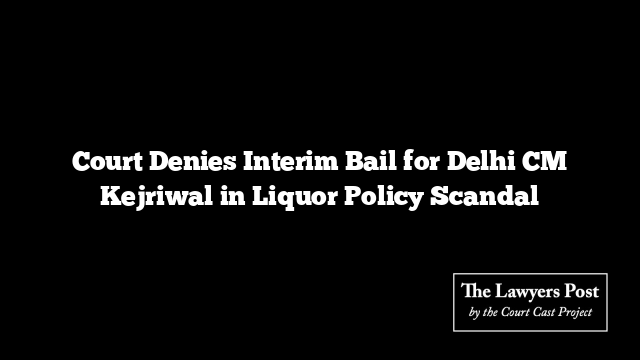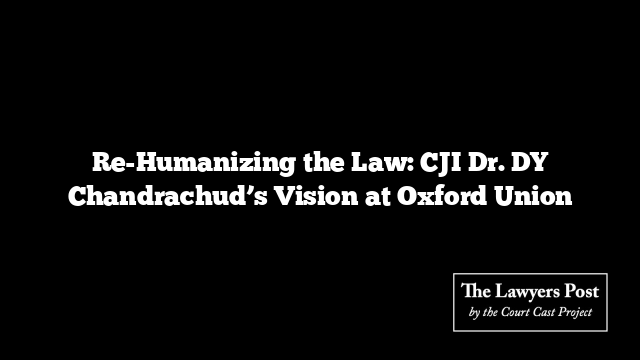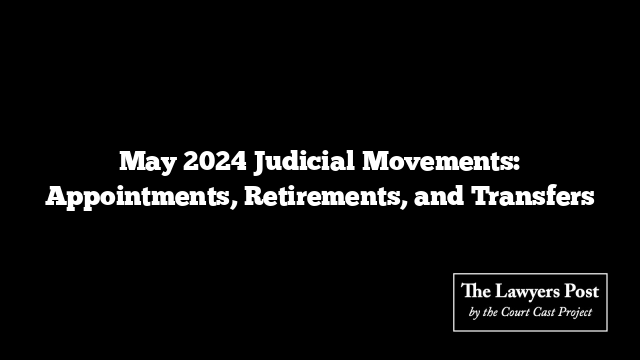In a significant development in the Delhi Excise Policy scam, the Rouse Avenue Court has denied interim bail to Delhi Chief Minister Arvind Kejriwal. Special Judge Kaveri Baweja rejected Kejriwal’s request for a seven-day interim bail on medical grounds.
Previously, the Supreme Court had granted Kejriwal interim bail until June 1, 2024, to facilitate his participation in the 18th Lok Sabha General Elections, with a directive for him to surrender on June 2, 2024. However, when Kejriwal sought a seven-day extension of this bail, the Supreme Court Registry declined to list his application on May 29, 2024.
Kejriwal’s troubles began on March 21, 2024, when the Directorate of Enforcement (ED) arrested him at his residence concerning the Delhi Excise Policy case, following the Delhi High Court’s refusal to grant him interim protection. Subsequently, the Rouse Avenue District Court handed him over to ED custody until March 28, 2024.
The ED’s case against Kejriwal stems from an Enforcement Case Information Report (ECIR) filed on August 22, 2022, following the Central Bureau of Investigation’s registration of predicate offenses on August 17, 2022. These offenses include charges under Section 120-B in conjunction with Section 447-A of the Penal Code, 1860, and Section 7 of the Prevention of Corruption Act, 1988.
Investigations revealed that K Kavitha, a member of the Telangana Legislative Council, allegedly conspired with top Aam Aadmi Party (AAP) leaders, including Kejriwal and former Deputy CM Manish Sisodia, to secure favorable changes in the Delhi Excise policy. It is alleged that K Kavitha paid ₹100 crore to AAP leaders in exchange for these favors.





